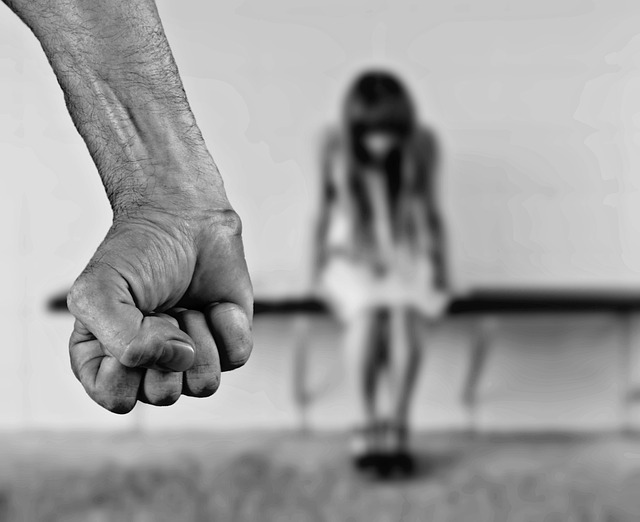Uncovering Shelterwood Academy's hidden history is crucial for justice and healing. Shelterwood Academy Abuse, including physical, emotional, and sexual misconduct, has left deep marks on survivors, many of whom feel isolated. Educating oneself empowers survivors to validate their experiences and connect with peers, fostering community and recovery. Local support networks offer resources like therapy, group support, and shelters. National hotlines and legal aid organizations provide 24/7 assistance, confidential care, and pro bono services for healing and justice.
Victims of Shelterwood Academy abuse deserve support and resources to heal and rebuild their lives. This article aims to provide a comprehensive guide, offering a starting point for understanding the nature of Shelterwood Academy Abuse and navigating available assistance. We explore local support networks that offer comfort and guidance, as well as national resources and legal aid tailored to help survivors find justice and recover. By utilizing these tools, victims can take steps towards healing and reclaiming their futures.
- Understanding Shelterwood Academy Abuse: A Starting Point
- Local Support Networks for Survivors
- National Resources and Legal Assistance
Understanding Shelterwood Academy Abuse: A Starting Point

Shelterwood Academy, while appearing as a haven for education and personal growth, has a dark history marked by allegations of abuse. Understanding the scope and impact of Shelterwood Academy Abuse is a crucial first step for victims seeking resources and support. This involves recognizing various forms of mistreatment, such as physical, emotional, or sexual assault, that may have occurred within the academy’s walls. Many survivors report feeling isolated and unsure about where to turn for help due to the sensitive nature of their experiences.
Taking the initiative to educate oneself about Shelterwood Academy Abuse is a vital step towards healing. It empowers victims to identify their experiences as legitimate and recognize patterns of abusive behavior. This process also fosters a sense of community among survivors, who may find solace in knowing they are not alone. By understanding the specifics of their situation, individuals can better navigate the resources available to them, ultimately moving forward on their journey towards recovery.
Local Support Networks for Survivors

Surviving Shelterwood Academy abuse can be a challenging and isolating experience, but there are local support networks designed to help. Many communities have dedicated organizations and groups that offer resources, counseling, and peer support for individuals who have experienced trauma. These networks often consist of therapists, social workers, and other professionals trained in helping survivors heal and rebuild their lives.
Local support can provide a sense of community and belonging, connecting survivors with others who understand their unique struggles. Services may include individual therapy, group counseling sessions, support groups, and even emergency shelter options. Organizations like the local chapter of the National Alliance on Mental Illness (NAMI) or community-based trauma centers are excellent resources for finding specialized help tailored to Shelterwood Academy abuse survivors’ specific needs.
National Resources and Legal Assistance

For victims of Shelterwood Academy abuse, seeking help and support is a crucial step towards healing. National resources offer a range of services tailored to assist individuals who have experienced trauma. Organizations like the National Sexual Assault Hotline (1-800-656-HOPE) provide confidential support 24/7, offering listening ears and guidance on the next steps. These hotlines connect survivors with trained professionals who can offer immediate assistance and direct them to local resources for continued care.
Legal assistance is also vital for victims of Shelterwood Academy abuse. Many national organizations specialize in helping survivors navigate complex legal systems. They provide pro bono services, including counseling, legal representation, and advocacy, ensuring that victims’ rights are protected. This support extends to understanding the legal process, reporting abuse, and pursuing justice, which can be empowering steps towards healing and closure.
Victims of Shelterwood Academy abuse deserve access to comprehensive support. By understanding the nature of the issue, connecting with local networks, and utilizing national resources, survivors can begin their healing journey. Remember that help is available, and it’s crucial to take the first step towards recovery.
